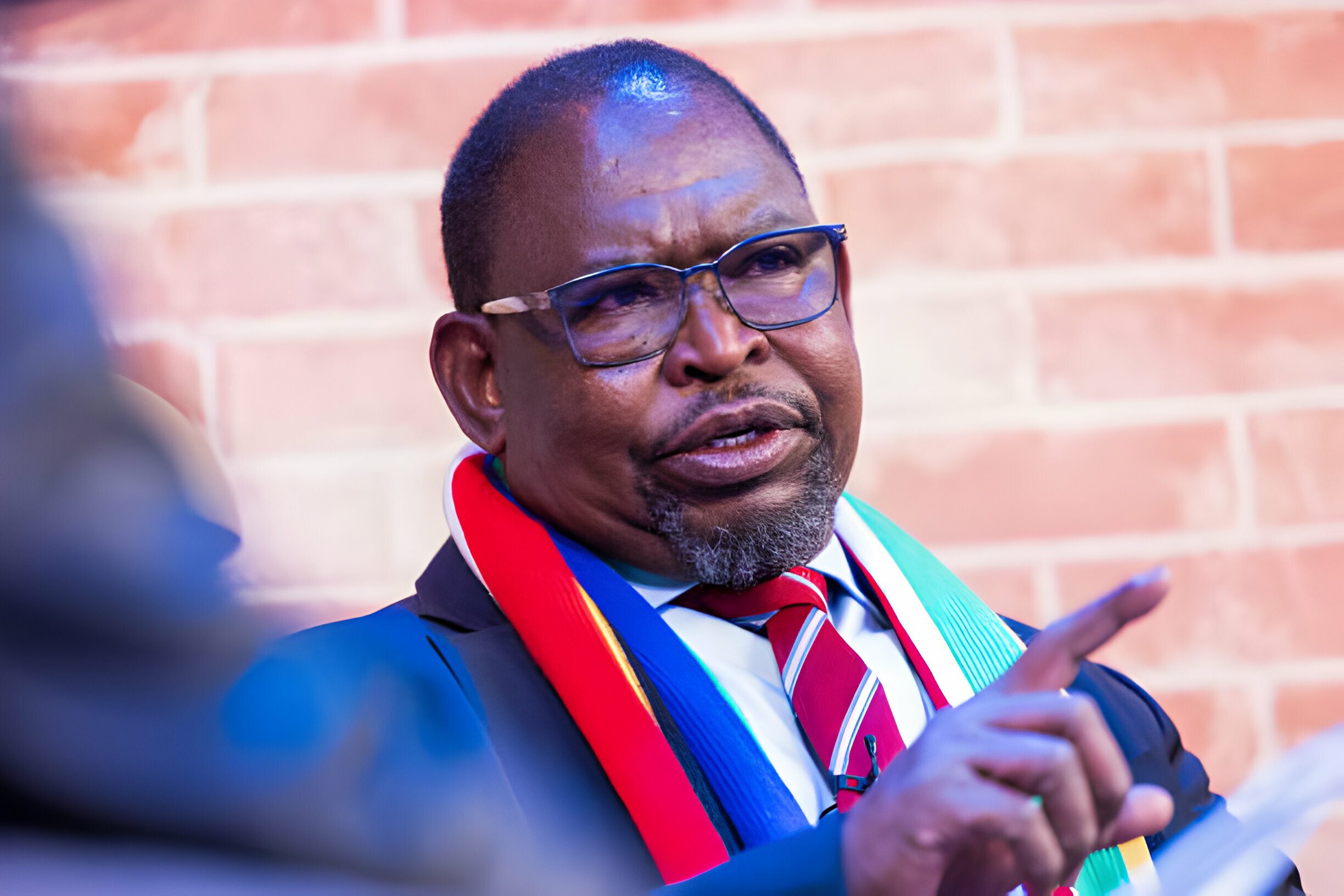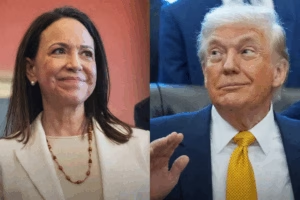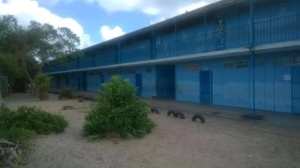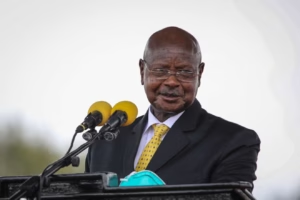Finance Minister Enoch Godongwana, currently present at the World Economic Forum in Davos, Switzerland, spoke with SABC about the complexities of potential tax increases in South Africa’s challenging fiscal climate. He acknowledged the difficulty of such measures, highlighting the delicate balancing act required in the current economic scenario.
Additionally, Godongwana expressed his concern over the recent coal train accident in KwaZulu-Natal, where two Transnet freight trains collided near eLubana. This mishap, he notes, adversely affects the mining sector, particularly the coal industry. This incident, along with ongoing issues with Transnet Freight Rail, has led to significant financial losses for mining companies, impacting the sector’s export revenue by billions of rand.
Emphasis on Structural Reforms
Speaking further, the minister emphasized South Africa’s commitment to structural reforms aimed at enhancing economic growth and competitiveness. He noted these reforms, particularly under Operation Vulindlela, focus on key areas such as electricity, infrastructure, water, and logistics.
“Structural reforms in SA are targeted at electricity, infrastructure, water, and logistics and are driven by Operation Vulindlela,” the government stated.
In a panel discussion at the forum, Godongwana underscored the importance of energy reform and the ongoing investment in the logistics sector. He highlighted efforts to adapt the skill composition of the workforce and create an environment conducive to skill importation.
“So there are a lot of structural reforms that we have engaged in in order to make sure that we can grow the economy and be competitive,” he told the audience.
Perspectives on Inflation and Interest Rates
Shifting focus to monetary policy, South African Reserve Bank Governor Lesetja Kganyago, also present at the forum, spoke to Bloomberg TV about the current state of interest rates and inflation. Kganyago ruled out the possibility of reducing interest rates due to persistent inflation concerns.
“Our real rates are not particularly high, and inflation has come down — it’s within target — but it is not quite where we would like to see it,” Kganyago remarked.
He further elaborated on the inflation forecast, anticipating an average of 5% in 2024, with a reduction to the target of 4.5% by 2025. This careful navigation through the inflation landscape underscores the central bank’s focus on stabilizing the economy while managing growth expectations.

















